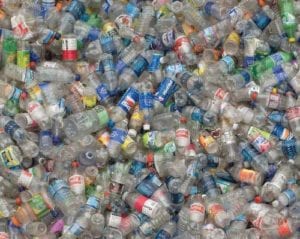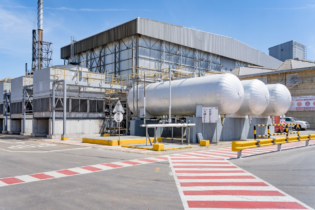Scientists have accidentally engineered an enzyme capable of breaking down polyethylene terephthalate (PET) that could assist in combating the world’s growing plastic waste problem.
The enzyme is based on a naturally occurring bacteria first discovered in a Japanese recycling centre in 2016. While examining how the bacteria worked the team of scientists from the University of Portsmouth in the United Kingdom and the National Renewable Energy Laboratory in the United States accidentally created an enzyme that outperforms the natural bacteria. “This unanticipated discovery suggests that there is room to further improve these enzymes, moving us closer to a recycling solution for the ever-growing mountain of discarded plastics,” says structural biologist John McGeehan from the University of Portsmouth in the UK.Scaling up
The researchers have published their findings in the journal Proceedings of the National Academy of Sciences and are now working to further improve the enzyme so it can be used on an industrial scale.“The engineering process is much the same as for enzymes currently being used in bio-washing detergents and in the manufacture of biofuels ― the technology exists,” said McGeehan.
“It’s possible that within the next few years there could be an industrially viable process for turning PET into other substances or back into its “original building blocks” so it can be sustainably recycled,” he added.







